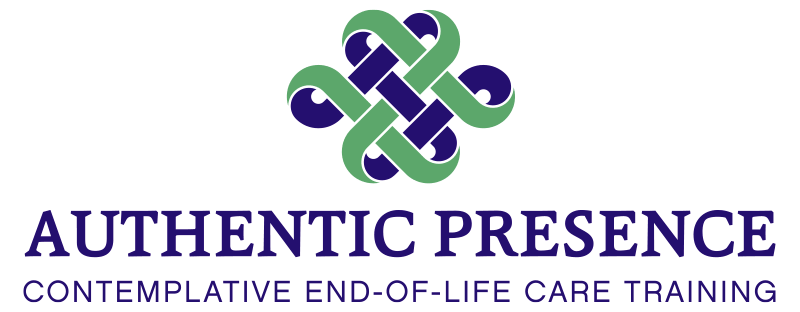Being A First Responder
Michelle Kenefick is a Disaster Mental Health Responder and a graduate of the Contemplative End-of-life Care Certificate. The significance of what she had learned became all too apparent in December 2012 when tragedy struck a small community in Connecticut where she had once lived.
Throughout the course, I was unsure as to how I would actually use the training professionally. I was the only person participating in the course who was not working with people in the process of dying, and I struggled to find a way to bring this knowledge and experience to the ‘living’.
Suddenly, and without warning, it became all too clear. On 14 December 2012, there was a mass shooting at the Sandy Hook Elementary School in Newtown, Connecticut. As a Disaster Mental Health Responder, I waited with mixed emotions for the call to activate. Having been a student in the Newtown School District, I was grateful to be in a position to be able to respond. Yet the thought of returning to the town where I had once lived, and being called to such a mission, was beyond overwhelming.
I remember driving to Newtown High School on the Sunday following the shooting, to be there when the President was meeting with the victims’ families. I was so afraid that when I arrived I would be too overcome to respond in an effective or professional manner. It was suddenly clear why I had chosen the Contemplative End-of-Life Care course at that time—not a year earlier or a year later. It was exactly where I was supposed to be. As I drove, knowing that in just a few hours I would be standing side by side with families, first responders and a community in tremendous shock and pain, I also knew that my colleagues on the course would be completing our final conference call. I took each one of them in my heart, feeling each person’s strength and depth of compassion. I remembered that each of us has a place of light inside, and that no matter what we endure, are faced with or challenged by, nothing can diminish that light. It is sacred and it is shared. It was with this strength, focus and new-found purpose that I drove to Newtown. I stood intimately, shoulder to shoulder and with immense compassion and a peaceful resolve that I am unable to find words for. I was present.
My involvement was just a drop in the ocean, but as Mother Teresa said, “the ocean would be less because of that missing drop.” I know unequivocally that my ability to respond to that situation was different because of the Contemplative End-of-life Care course. I don’t know that I would have been able to be in Newtown for days on end in the midst of such a catastrophic tragedy, had I not participated in the course. I certainly know that the training helped me to be ‘available’ in the work, and diminished the vicarious traumatic response I might otherwise have experienced.
The course has shown me how to be present in a totally new and much deeper, more meaningful way. I have learned how contemplative practice can open doors in terms of practice for myself and how I can use that practice to serve others, how it roots and grounds me in a way that is truly unique and different. It has helped me to feel more centered and because of that, I am able to attend to my work in a deeper and more profound way. I will always be grateful and will continue to use this knowledge for the benefit of all others.


